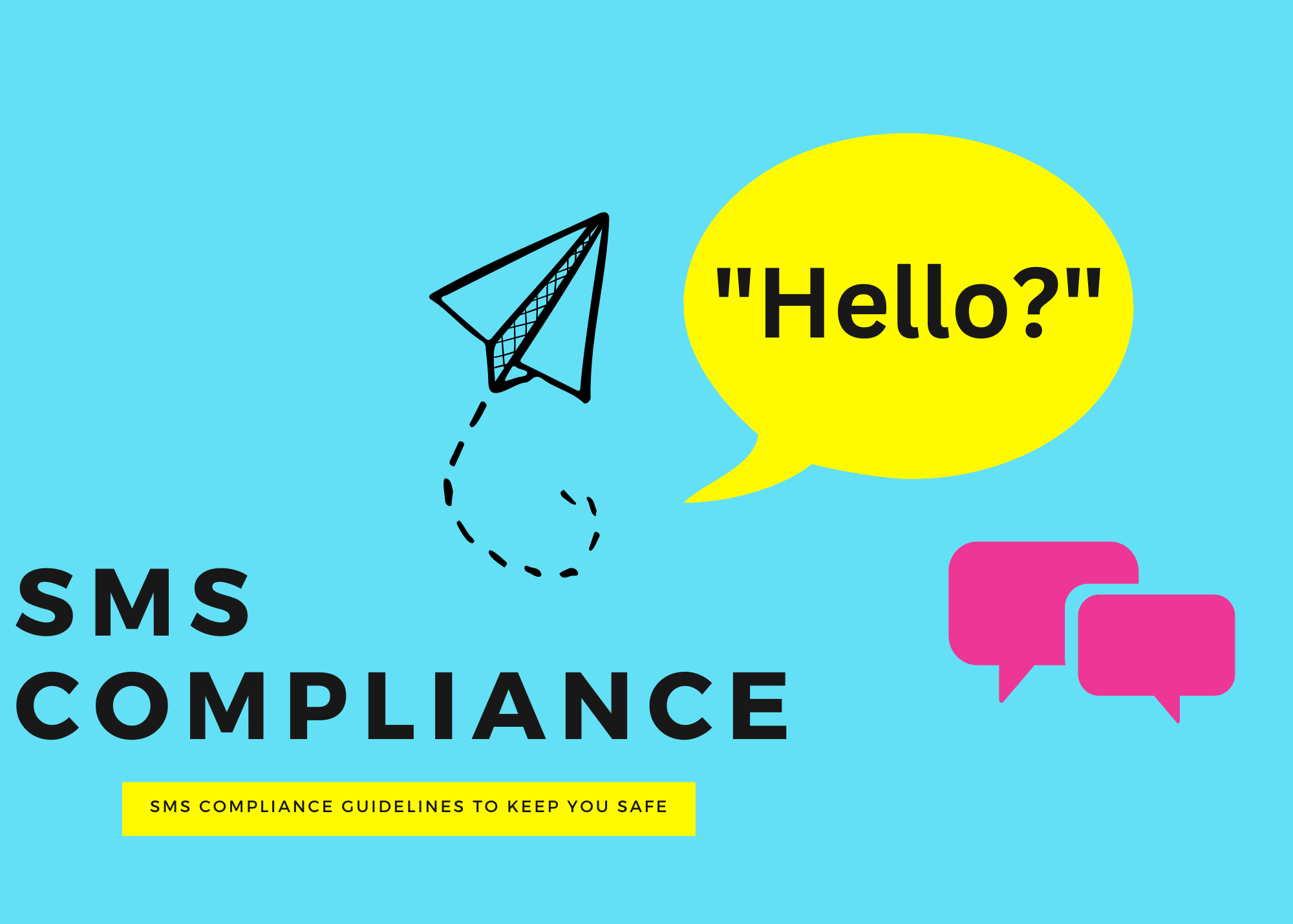SMS Compliance: The Bedrock of Ethical Text Marketing
In the digital age, SMS marketing has emerged as a potent tool for businesses to connect with their audience. However, with great power comes great responsibility. Ensuring SMS compliance is not just a best practice—it's a mandate. Let's embark on a journey to understand the intricacies of SMS compliance and its paramount importance.
The Essence of SMS Compliance
SMS compliance revolves around the guidelines and regulations that businesses must adhere to when sending promotional text messages. It's the safeguard that ensures consumers are protected from unsolicited messages and that businesses maintain the sanctity of this powerful communication channel.
Why Prioritize SMS Compliance?
Protecting Consumer Rights: Compliance ensures that consumers have a choice in the messages they receive.
Avoiding Legal Repercussions: Non-compliance can lead to hefty fines, sometimes amounting to $500 to $1,500 per violation.
Upholding Industry Standards: Adhering to compliance guidelines preserves the integrity of SMS marketing, ensuring it remains a trusted channel for communication.
Key Terminologies in SMS Compliance
Express Written Consent: This refers to the explicit permission a consumer provides, either on paper or electronically, indicating they are aware and agreeable to receive marketing text messages.
Opt-in: A clear action taken by a user indicating their willingness to receive text messages from a business.
Opt-out: The process by which users indicate they no longer wish to receive messages. This is typically done by replying with 'STOP'.
Transactional Texts: Messages that provide updates or information without a sales intent. These do not necessarily require express written consent but should still be sent judiciously.
Promotional Texts: Messages with the intent to advertise or sell. These require explicit consent from the recipient.
Five Pillars of SMS Compliance
Obtain Express Written Consent: Before sending any promotional messages, it's imperative to obtain clear and explicit consent from the recipient. This consent should be straightforward, devoid of jargon, and should clearly state the nature of the messages the recipient will receive.
Transparent Opt-in Methods: Whether it's through a web form, keyword, or paper form, the method of obtaining consent should be clear. The call-to-action should specify the purpose, frequency, potential charges, and other relevant details.
Confirmation Messages: Upon receiving consent, it's best practice to send a confirmation message. This reiterates the opt-in and provides recipients with information on how to opt-out if they change their mind.
Avoid Prohibited Content: The CTIA has outlined certain content areas, known as SHAFT (Sex, Hate, Alcohol, Firearms, Tobacco), that are considered violations. Steering clear of these topics is crucial unless you have specific permissions and safeguards in place.
Respect Quiet Hours: The TCPA mandates that promotional messages should not be sent before 8:00 a.m. or after 9:00 p.m. (recipient's local time). Ensure your SMS campaigns respect these boundaries.
In Conclusion
SMS compliance is the cornerstone of ethical and effective text marketing. By understanding and adhering to these guidelines, businesses can harness the power of SMS marketing while ensuring they respect consumer rights and industry standards.
